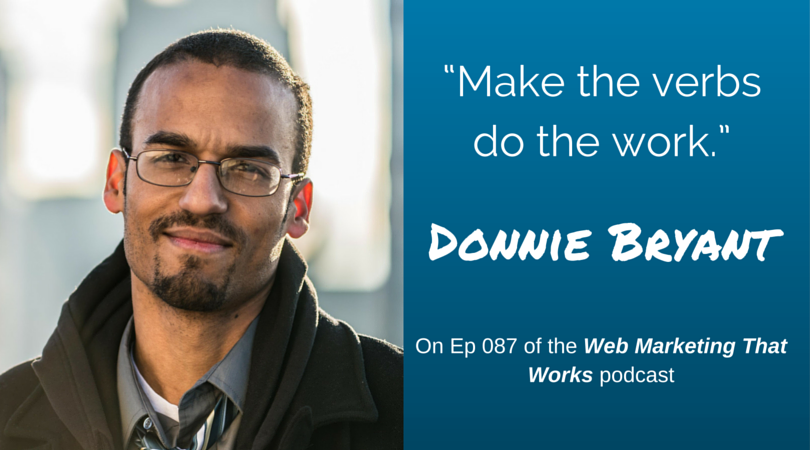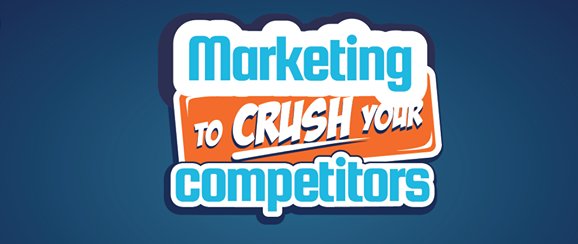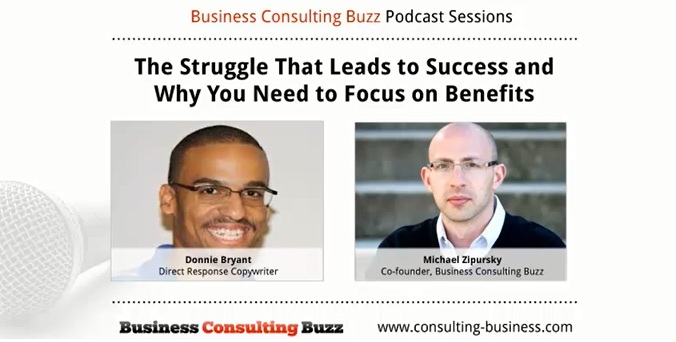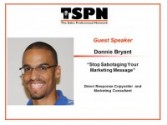Live radio is tough.
As an outsider, I don’t know how the professionals move so quickly, transition so smoothly and keep everything fun and interesting.
For those of you who missed it, I had a spot on George Kilpatrick’s show last Tuesday evening. (George is the consummate professional). We talked about how to get more yeses in sales, marketing and other situations where you need to be persuasive. I had 5 points and only 5 minutes to cover them. Needless to say, we weren’t able to discuss any of the concepts in much detail.
I’d like to flesh out the ideas a little more right here.
Here’s the list of ways you can get more yeses without resorting to pressure tactics, hype or any kind of dishonesty.
1) True Empathy
There are few things in the world more powerful than empathy. If you can demonstrate that you truly understand what your prospects is experiencing and how they feel about their experiences, they won’t be able to help feeling a bond with you. Defenses go down, skepticism decreases and trust flows naturally.
John Dewey is quoted as saying “The deepest urge in human nature is the desire to be important.” Show them they’re important to you by asking genuine questions and really listening. Listen in order to understand, not just to figure out the best sales approach.
Henry Ford said ”If there is any one secret of success, it lies in the ability to get the other person’s point of view and see things from his angle as well as your own.” When people believe you want to know what they think and how they feel so you can help them, you’ll have less trouble getting your message through (when it’s your turn to talk).
Consider the African concept of Ubuntu. Bishop Desmond Tutu tells us that “A person is a person because he recognizes others as persons.” Treat your customers like people, not walking wallets. You’ll get a lot more yeses if you do.
2) Appeal to the built-in motivations of the prospect.
No one can “sell ice to Eskimos”–at least not visiting igloos door-to-door.
You’ve gotta sell stuff people want. I talk about this fairly frequently (in fact, this point made up 1/3rd of my most recent newsletter), so I won’t belabor the point too much.
While you’re empathizing with your target audience, find out what sorts of solutions will help them get what they want or put an end to what they want to stop in their lives. Help them see the transformation it will bring; don’t focus on features, but appeal to their current thoughts, feelings and priorities.
3) Educate
Salespeople sell stuff. Teachers shape the minds of those who shape the world. Which do you want to be?
Every study you see indicates that there’s a shortage of school teachers in America. Classrooms are bulging with students, eager to learn. In private schools and institutes of higher education, people pay thousands or even tens of thousands of dollars to listen to teachers who will (hopefully) equip them to succeed in life. When sales people greet potential customers, the reply “I’m just browsing” is all too common. Which do you want to be?
Teachers help interpret reality. Then they help their students act accordingly.
Education is an amazingly powerful way to persuade without pressure. Done properly, you’ll never have to pitch anything. The mental pictures you paint are so compelling that people naturally see the need for what you’re selling.
4) Tell (true) stories
This is another subject I address frequently, but know this: stories are rarely seen as sales pitches. Our brains are inherently receptive to narrative. We love them in every form: movies, music, magicians, etc.
Tell stories about past client successes, your own personal journey from doubt to domination or lessons from history that make a clear point.
5) Establish credibility, but don’t toot your own horn
The more you’re recognized as an expert, the more people will trust you and take your advice. But telling people you’re trustworthy usually gives the impression that you’re not. That’s why it’s counterproductive to toot your own proverbial horn.
Credentials, degrees, awards, media appearances and publications all work in your favor. Testimonials, personal recommendations and referrals probably work even better. Don’t forget about celebrity endorsements!
If you’ll allow me to act like a teacher for a moment, I have an assignment for you: Think about specific ways you can utilize these 5 ideas to increase your yes-to-no ratio. Make sure to raise your hand if you have any questions.






